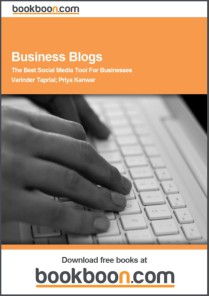Last week, it was stressed the importance of getting ready before starting a negotiation (link al post precedente). A specific tool, the Four Quadrants, was introduced in order to help negotiators think systematically and collect the right information beforehand. Today, a second tool, the Seven Elements, is introduced. For more information on these tools please check the book Beyond Machiavelli of Fisher, Kopelman, and Kupfer Schneider .
According to the authors, most of the Seven Elements “were originally introduced as a way of explaining the different components of negotiation, but subsequent experience has proven their usefulness as a preparation tool in any situation where persuasiveness may be demanded.” Therefore, before sitting at the negotiating table try and fill out as carefully as possible each of the items in the chart below.
| SEVEN ELEMENTS OF A CONFLICT SITUATION |
| Interests |
Have the parties explicitly understood their own interests?
Do the parties understand each other’s priorities and constraints?
|
| Options |
Are sufficient options being generated?
Is the process of inventing separated from the process of making commitments?
|
| Legitimacy |
Have relevant precedents and other outside standards of fairness been considered?
Can principles be found that are persuasive to the other side? To us?
|
| Relationship |
What is the ability of the parties to work together?
Is there a working relationship between their negotiators?
Are the parties paying attention to the kind of relationship they want in the future?
|
| Communication |
Is the way the parties communicate helping or interfering with their ability to deal constructively with the conflict?
Are mechanisms in place to confirm that what is understood is in fact what was intended?
|
| Commitment |
Are potential commitments well-crafted?
Does each party know what it would like the other party to agree to?
If the other side said yes, is it clear who would do what tomorrow morning?
|
| Alternatives |
Does each side understand its Best Alternative to Negotiated Agreement – its BATNA?
Are the negative consequences of not settling being used to bring the parties together?
|




Recent Comments